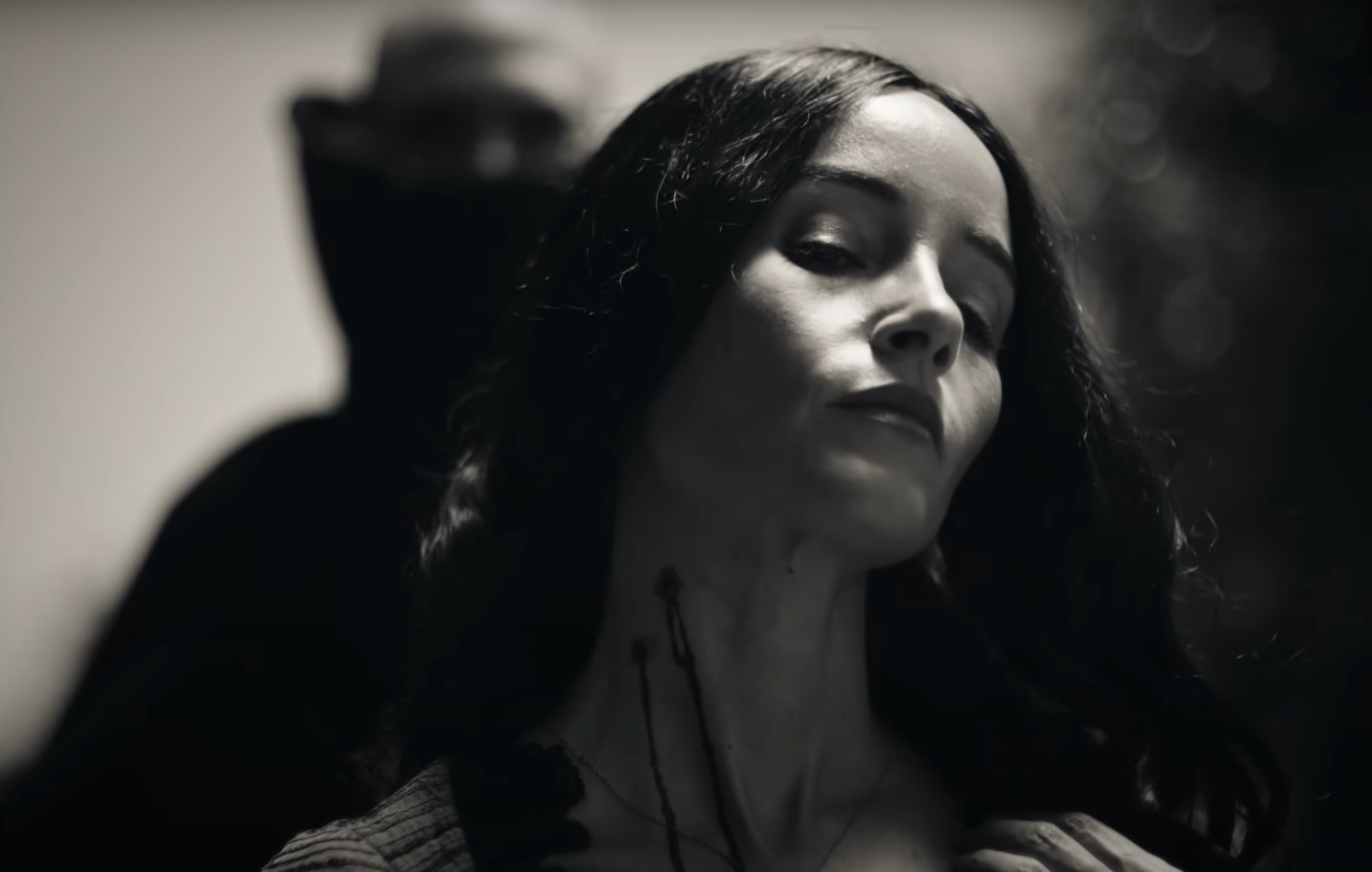

Generational trauma, the passing down of emotional hell from parent to child to grandchild ad nauseum, is not a new concept in the genre of horror. Stephen King and H.P. Lovecraft built their legacies around the idea of the son paying for the sins of the father. In Natasha Kermani’s Abraham’s Boys, a father’s dark past is looked at through the lens of his two sons who begin to question the true source of that darkness.
Adopted from the short story of the same name by Joe Hill, Abraham’s Boys is the story of Max and Rudy, two brothers who live in an isolated farmhouse in southern California in the early 1900s. Living in the shadow of their father, the famed Dr. Abraham Van Helsing, Max and Rudy begin to experience a series of strange events that lead them down a path of eerie family secrets and force them to come to terms with their father’s bizarre legacy.
From the gate, this film somewhat struggles in its approach to the source material. Hill’s story is told from Max’s point of view, who sees his father as nothing more than a violent drunk who terrorizes he and his brother and who murdered their mother when Rudy was an infant. Instead of the heroic vampire hunter presented in Stoker’s original story, Hill’s version of Van Helsing is a failed academic, someone the wider world views with at best suspicion and at worst flat out despises. He is a crazed zealot, single in his focus of cleansing the world the undead, putting this crusade ahead of all else including his family’s well-being. Max has long suspected his father’s tales of the undead count are little more than the ramblings of a well-liquored mind, and, seeing as the story is from Max’s point of view, it is heavily implied that the events in Dracula were likely far different than they were in the story. In other words, Hill’s Van Helsing isn’t so much a defender against the darkness as he is an old delusional drunk and likely multiple murderer.

In Kermani’s interpretation, this concept is somewhat present, in that Max (played wonderfully by Brady Hepner) resents his father for how he treats the rest of the family. However, unlike the clearly terrible character in Hill’s story, Kermani’s Van Helsing (another stellar performance, this time from Titus Welliver) is more of an asshole than actual evil human being. He’s stern with his sons, yes, and some of the things he says are certainly uncalled for, but there’s none of the legitimate malice present in the source material. Welliver certainly delivers a conflicted character, and admittedly brings a touch of self-doubt to his interpretation that is refreshing, but it falls somewhat short in delivering on the premise of Hill’s short story. The “is it real or isn’t it” concept is somewhat clunky; in Hill’s story it is all but certain that none of the events in Dracula happened, whereas here there are touches of the apparent supernatural. Albeit this may have been Kermani’s attempt at something of a red herring, but it still felt shaky and uncertain as to what they were trying to accomplish with this interpretation.

None of this is to say the film fails, however. Kermani setting the story in the sun-washed rolling hills of southern California gives the film an ominous and oppressive feel. The Van Helsings are clearly extremely isolated, and this goes a long way in creating a pressure cooker style atmosphere between Max and his father. There’s lots of wide shots of the California landscape, giving the viewer plenty of time to wonder if something is out there looking back. And the performances in this film perfectly dovetail with the weird neo-Gothic kind of horror the film aspires to be. Welliver’s Abraham Van Helsing spends much of the time gravely intoning about darkness that has followed the family across the sea and warning his family about the importance of not staying out past sundown, but none of it comes off as insincere or cheesy. Instead of something from a dime store Hammer horror knockoff, Welliver instead portrays a character who comes off as stilted only because he doesn’t really know how to express affection or vulnerability to the people he cares about. Brady Hepner and Judah Mackey as Max and Rudy have a comfortable chemistry with one another, and while the hierarchy of big brother/little brother is clearly established, there’s a welcome shake up from Mackey by him giving Rudy a very American sense of pushback against the authority of his brother and father. Indeed, it is these two performances intermingling with that of Welliver that truly drive the narrative of the film and form its emotional core, and I wish Kermani would’ve pushed this aspect a little harder to give it a clear and distinct identity from a simple re-telling of the source material. And Fayna Sanchez does a lot with a little by infusing her character of Ada, an unfortunate young woman that Abraham claims to be one of the undead, with a sympathetic quality that adds another element to the story to make you hope Abraham is merely delusional.
Abraham’s Boys is not a perfect film, but it is a bold attempt at telling an interesting story that itself is a reframing of a literary classic. It’s a darkly gorgeous film, quietly unsettling at times, and succeeds in creating a classically gothic atmosphere. It might stumble at times, but in the end, it manages to tell its own version of that story, one of childish uncertainty in the face of patriarchal authority, a classic variation upon the theme of “what if father/mother doesn’t know best?”




